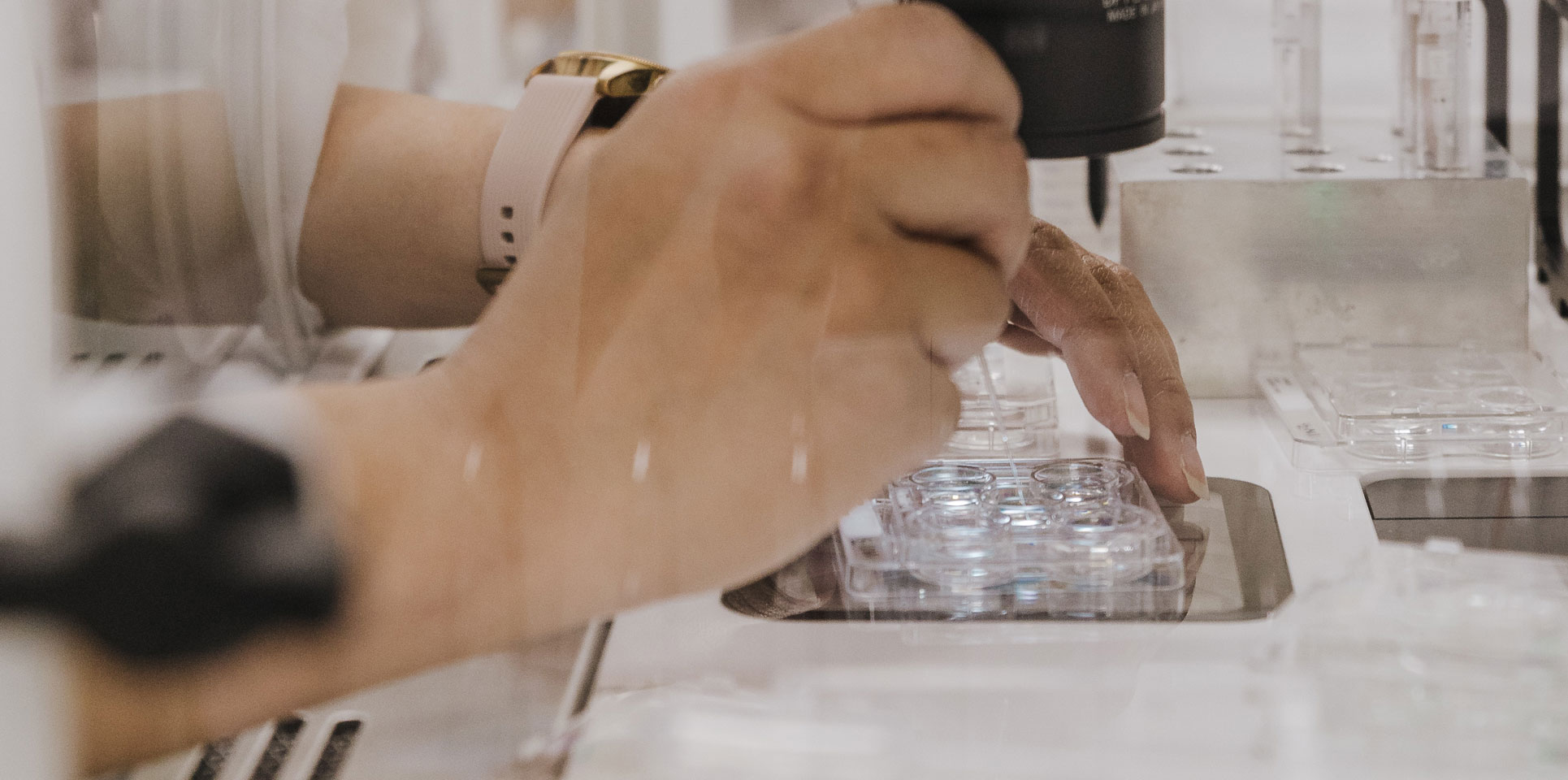
Adjuvant Medical Information
What is adjuvant therapy?
Adjuvant therapy, also known as ‘add-ons’, adjunct, complementary or alternative therapies, are recognised as an addition to standard assisted reproductive treatment and may be recommended to you with the intention to increase your success during your fertility treatment.
There are numerous options available to you when accessing adjuvant therapies, including but not limited to the technology in laboratories, medical procedures, prescribed medications, nutritional supplements, and traditional medicines such as Chinese medicine, including
acupuncture. At present, the effectiveness of many adjuvant therapies is unknown, with little to no evidence that they will increase the success of your treatment or improve live birth rates. However, your health care provider may recommend adjuvant therapy when considering your medical history and tailoring your treatment plan.
It is important to consider the effectiveness, risks and financial costs of adjuvant therapies.
For further information download our Aspirin patient information pdf.
Clexane
For further information download our Clexane patient information pdf.
Dexamethasone
For further information download our Dexamethasone patient information pdf.
Dostinex
For further information download our Dostinex patient information pdf.
Endometrial Biopsy
For further information download our Endometrial Biopsy patient information pdf.
Endometrial Receptivity Analysis (ERA)
For further information download our Endometrial Receptivity Analysis (ERA) patient information pdf.
Endometrial Scratch
For further information download our Endometrial Scratch patient information pdf.
Filgrastim
For further information download our Filgrastim patient information pdf.
Fragmin
For further information download our Fragmin patient information pdf.
HA-ICSI
For further information download our HA-ICSI patient information pdf.
Intracytoplasmic Morphologically-selected Sperm Injection (IMSI)
For further information download our Intracytoplasmic Morphologically-selected Sperm Injection (IMSI) patient information pdf.
Intralipid Infusion
For further information download our Intralipid Infusion patient information pdf.
Intrauterine Platelet Rich Plasma (PRP)
For further information download our Intrauterine Platelet Rich Plasma (PRP) patient information pdf.
Lipiodol
For further information download our Lipiodol patient information pdf.
Metformin
For further information download our Metformin patient information pdf.
Omnitrope
For further information download our Omnitrope patient information pdf.
Plaquenil
For further information download our Plaquenil patient information pdf.
Prednisolone
For further information download our Prednisolone patient information pdf.
Testogel
For further information download our Testogel patient information pdf.
Trental
For further information download our Trental patient information pdf.
Viagra
For further information download our Viagra patient information pdf.